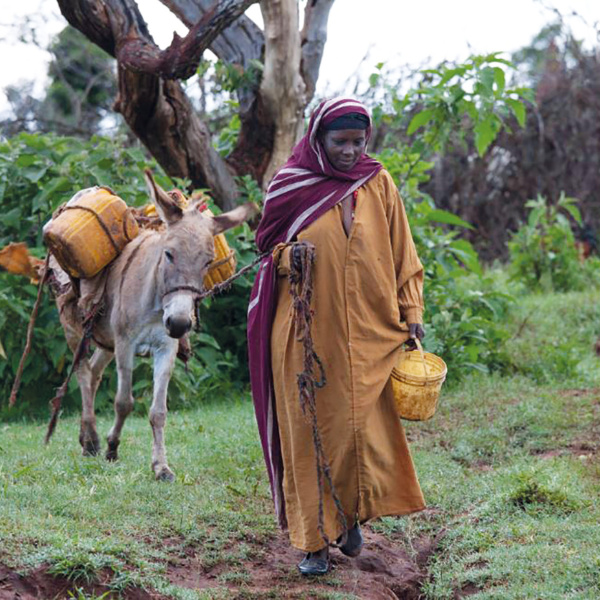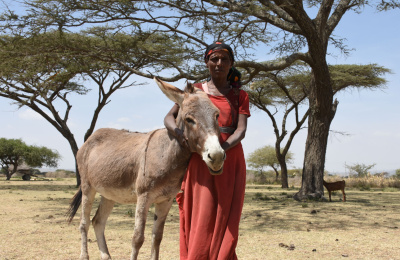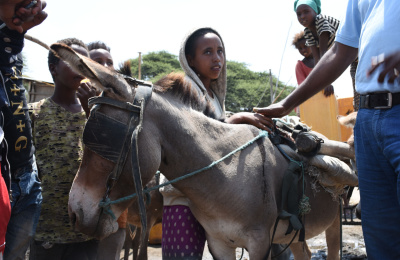Donkeys like Bukke provide a buffer against extreme poverty and a lifeline during times of hardship and provide transport to emergency supply points.
“Women and donkeys like to be beaten.”
“Women and donkeys are doing as they have been told by men."
“Women and donkeys are the same.”
These are some of the proverbs elicited at a workshop on gender myths conducted by The Donkey Sanctuary as part of our research on the socio-economic value of donkeys in central Ethiopia.
Each saying demonstrates the inexorable link between donkeys and the women who rely on them, and how interconnected discussions of gender equality are with donkeys.
Tumme and Bukke
In a tiny settlement called Adankonsole, not far from the Kenyan border in Ethiopia, Tumme Konton uses her donkey Bukke to provide for her family. Bukke not only collects water for the household and family livestock, but also transports milk to a trading point 3 km away.
She jokes that Bukke’s importance in the family lies somewhere between that of her husband and her children. The Donkey Sanctuary met Tumme as part of our work to improve the lives of donkeys and the people who rely on them across the world.
According to the Food and Agriculture Organization of the United Nations (FAO), an estimated two thirds of the world’s 600 million poor livestock keepers are women. Donkeys are used for crucial tasks like collecting water, firewood, transporting goods to market and taking children to school. Donkeys also carry pregnant women to hospital.
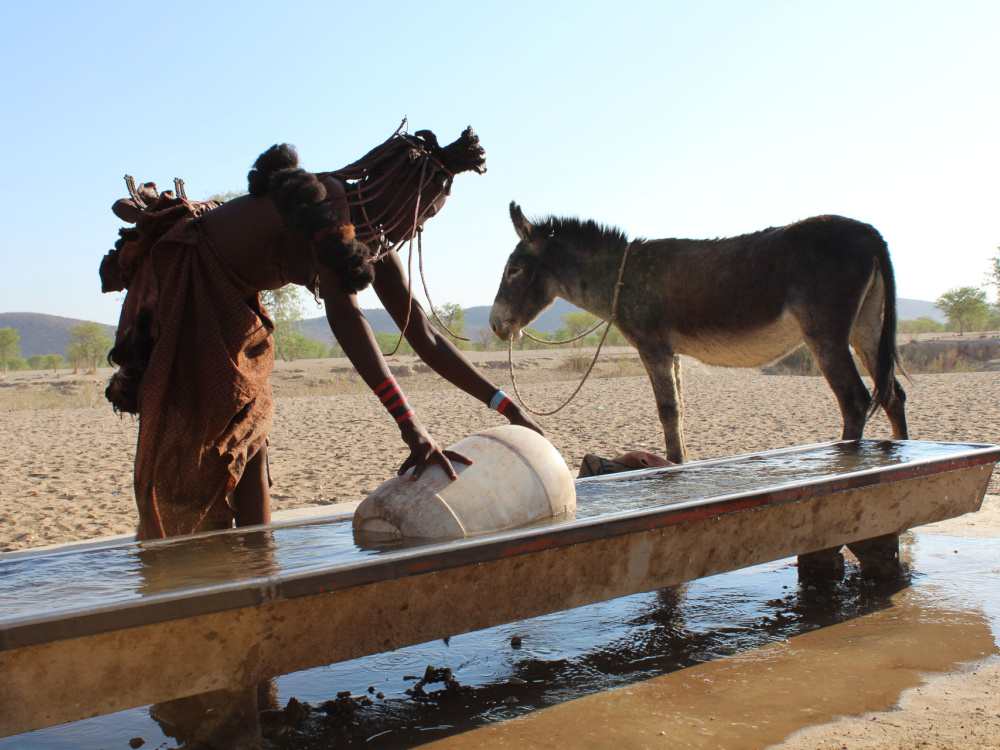
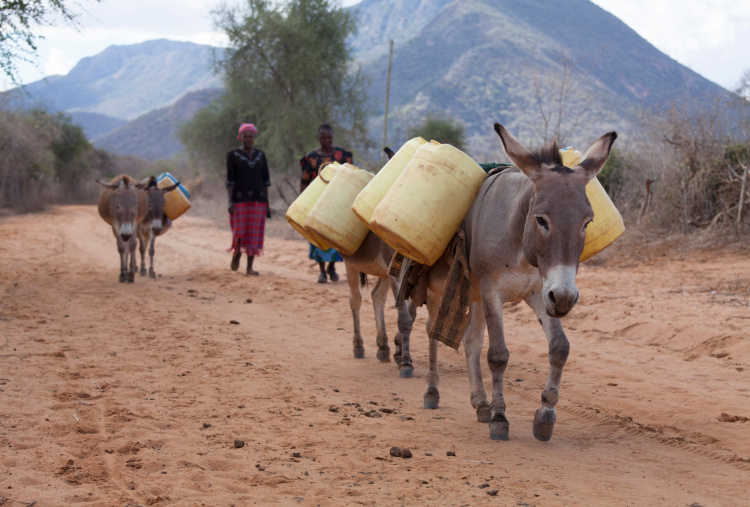
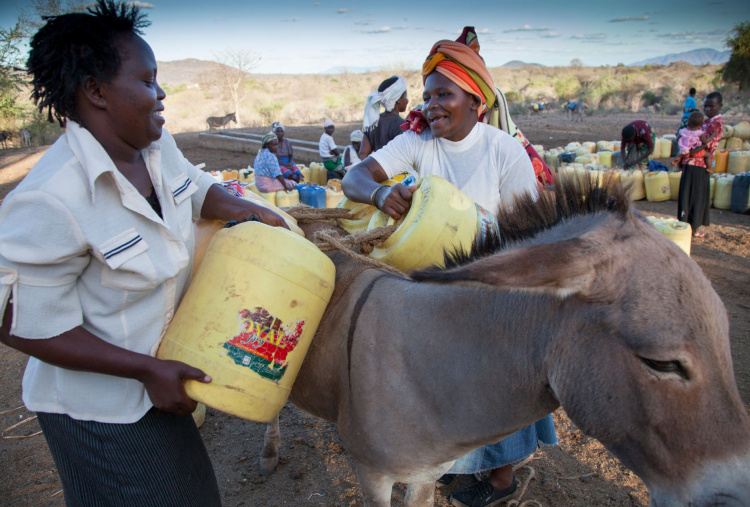
Donkeys like Bukke provide a buffer against extreme poverty and a lifeline during times of hardship. During drought in Ethiopia, for example, donkeys provided transport to emergency supply points.
Despite this, the value of donkeys is not recognised by wider society and they are considered of less worth than other livestock. In Ethiopia, for example, donkeys are not seen to represent wealth, strength or masculinity unlike horses and oxen, and typically men are the main caretakers of oxen and cattle. By owning oxen, men also have control over the primary income-earning assets of the household.
Because donkeys are not seen as having significant value, they are often assigned to women.
Just as women like Tumme depend on healthy donkeys, the needs of a donkey may not be met when a household is struggling to meet its own needs. Healthy donkeys can empower women and provide resilience in times of hardship.
In spite of this, both also suffer discrimination and devaluation as an “invisible workforce” in wider society. In order to tackle this, both governments and international development agencies need to gain a better understanding of their symbiotic relationship.
